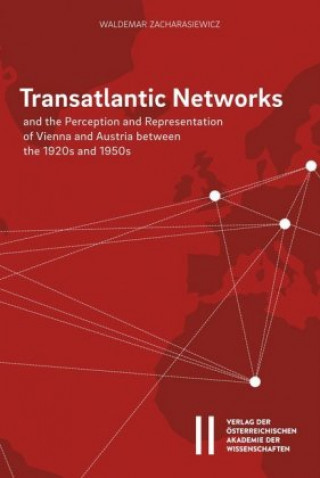
Kód: 24529864
Transatlantic Networks and the Perception and Representation of Vienna and Austria between the 1920s and 1950s
Autor Waldemar Zacharasiewicz
No fewer than a dozen foreign correspondents working for US American newspapers and news agencies and many established and emerging authors as well as hundreds of American physicians spent extended periods of time in Vienna and Au ... celý popis
- Jazyk:
 Angličtina
Angličtina - Vazba: Brožovaná
- Počet stran: 323
Nakladatelství: Verlag der Österreich. Akademie der Wissenschaften, 2019
- Více informací o knize

1806 Kč

Skladem u dodavatele v malém množství
Odesíláme za 10-14 dnů
Potřebujete více kusů?Máte-li zájem o více kusů, prověřte, prosím, nejprve dostupnost titulu na naši zákaznické podpoře.
Přidat mezi přání
Mohlo by se vám také líbit
-
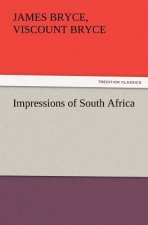
Impressions of South Africa
1143 Kč -

Complete
2115 Kč -

Peat
4334 Kč -
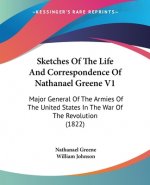
Sketches Of The Life And Correspondence Of Nathanael Greene V1: Major General Of The Armies Of The United States In The War Of The Revolution (1822)
1175 Kč -

Synopsis Of The Extinct Baronetage Of England: Containing The Date Of The Creation, With The Succession Of Baronets
870 Kč -
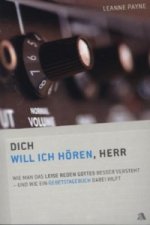
Dich will ich hören, Herr
451 Kč
Darujte tuto knihu ještě dnes
- Objednejte knihu a zvolte Zaslat jako dárek.
- Obratem obdržíte darovací poukaz na knihu, který můžete ihned předat obdarovanému.
- Knihu zašleme na adresu obdarovaného, o nic se nestaráte.
Více informací o knize Transatlantic Networks and the Perception and Representation of Vienna and Austria between the 1920s and 1950s
Nákupem získáte 181 bodů
 Anotace knihy
Anotace knihy
No fewer than a dozen foreign correspondents working for US American newspapers and news agencies and many established and emerging authors as well as hundreds of American physicians spent extended periods of time in Vienna and Austria in the 1920s and 1930s. The study of their published reports and the literary estates of many visitors (including their correspondence with friends and their journals) helps to discover extended networks of friendships. Their accounts show that most of the American visitors continued to perceive Vienna after the collapse of the monarchy, and despite recurrent political crises, culminating in the tragic Civil War of 1934, in conformity with stereotype notions rooted in the 19th century, as a Mecca of Medicine and Music, and as the city of café culture. Austria was thus in the reports in newspapers and accounts of the news agencies for a transatlantic public mostly presented in a positive light. The close contacts of a multitude of visitors with members of the local elite, often with Jewish backgrounds, inspired many a roman-à-clef, fictional narratives, poems and also plays, adapting popular local material and traditions (Thornton Wilder). While many visitors took an interest in the theory and practice of psychoanalysis, which they applied in their own lives (H.D.), or benefitted from the advanced medical school of Vienna, even authors who had not yet visited Austria (Joseph Freeman) were able to imagine plots centered on the city and its environment by tapping the rich detailed material provided in the media and designing a densely depicted Viennese setting. The friendships which had developed and the networks thus established were also of great importance for quite a few Austrians who fled into exile after the catastrophe of the Anschluss. The experiences of that cohort of transatlantic visitors and the predominantly positive image of Vienna and Austria re-emerged after the end of World War Two and continued to exert an influence until well into the 1980s.
 Parametry knihy
Parametry knihy
Zařazení knihy Knihy v angličtině Literature & literary studies Literature: history & criticism Literary studies: general
1806 Kč
- Plný název: Transatlantic Networks and the Perception and Representation of Vienna and Austria between the 1920s and 1950s
- Autor: Waldemar Zacharasiewicz
- Jazyk:
 Angličtina
Angličtina - Vazba: Brožovaná
- Počet stran: 323
- EAN: 9783700182702
- ID: 24529864
- Nakladatelství: Verlag der Österreich. Akademie der Wissenschaften
- Hmotnost: 517 g
- Rozměry: 227 × 151 × 20 mm
- Datum vydání: 14. March 2019
Oblíbené z jiného soudku
-
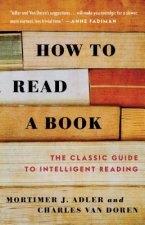
How to Read a Book
303 Kč -
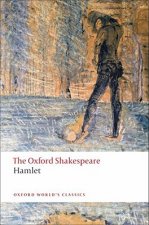
Hamlet: The Oxford Shakespeare
236 Kč -
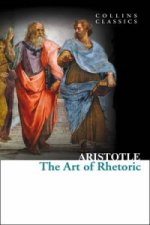
Art of Rhetoric
90 Kč -
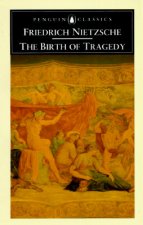
Birth of Tragedy
248 Kč -
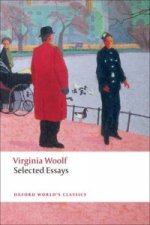
Selected Essays
276 Kč -
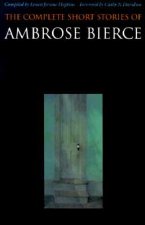
Complete Short Stories of Ambrose Bierce
493 Kč -

Serpent Power
519 Kč -

Moby-Dick
465 Kč -

Annotated Alice
306 Kč -

Nordic Noir
410 Kč -

Marquis de Sade: A Very Short Introduction
275 Kč -
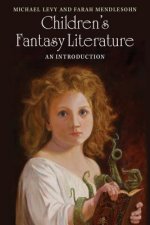
Children's Fantasy Literature
670 Kč -

Mysteries of Udolpho
286 Kč -
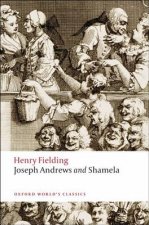
Joseph Andrews and Shamela
226 Kč -
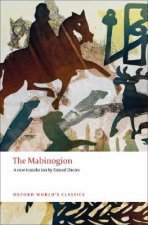
Mabinogion
276 Kč -
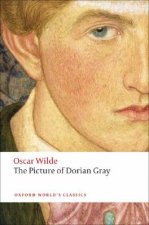
The Picture of Dorian Gray
182 Kč -
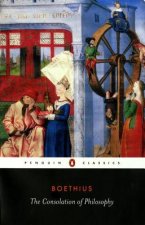
Consolation of Philosophy
276 Kč -
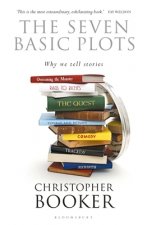
Seven Basic Plots
545 Kč -
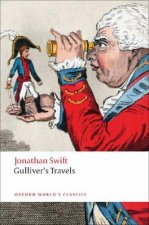
Gulliver's Travels
170 Kč -
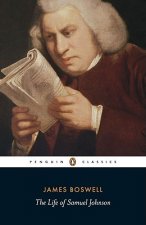
Life of Samuel Johnson
623 Kč -
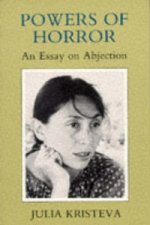
Powers of Horror
976 Kč -

Sejong Korean Student Book 2A - English Edition, m. 1 Audio
733 Kč -
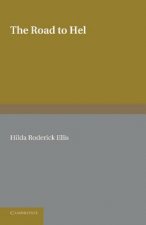
Road to Hel
1460 Kč -
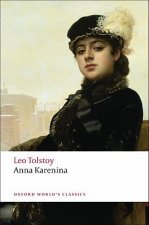
Anna Karenina
217 Kč -
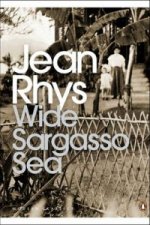
Wide Sargasso Sea
223 Kč -
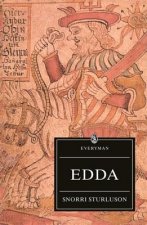
Edda
240 Kč -

Finn and Hengest
249 Kč -
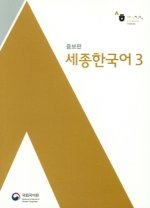
Sejong Korean 3, m. 1 Audio
681 Kč -
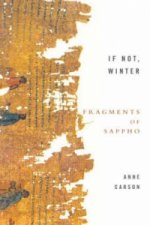
If Not, Winter: Fragments Of Sappho
464 Kč -

Africa's Tarnished Name
101 Kč -
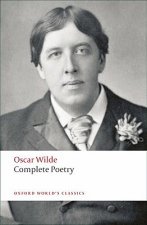
Complete Poetry
219 Kč -
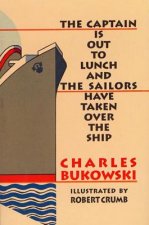
Captain is Out to Lunch
276 Kč -
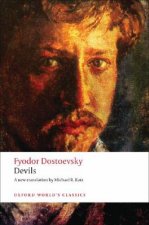
Devils
268 Kč -
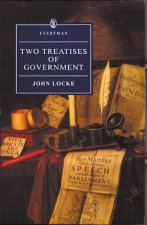
Two Treatises of Government
254 Kč -
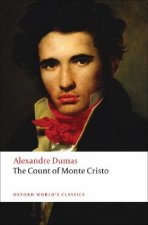
Count of Monte Cristo
276 Kč -
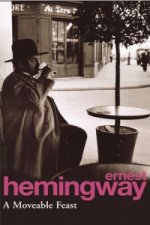
Moveable Feast
254 Kč -
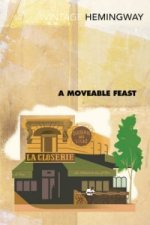
Moveable Feast
276 Kč -
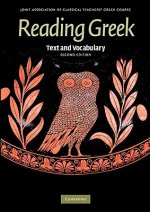
Reading Greek
946 Kč -
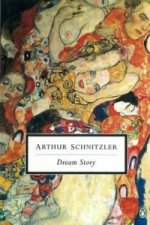
Dream Story
276 Kč -
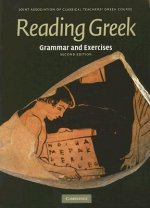
Reading Greek
1072 Kč -

Analysis of Donna Haraway's A Cyborg Manifesto
233 Kč -
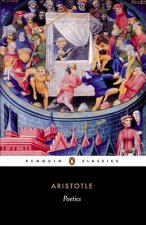
Poetics
276 Kč -
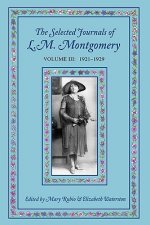
Selected Journals of Lm Montgomery Volume III 1921-1929
514 Kč -
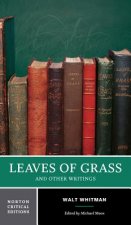
Leaves of Grass
442 Kč -
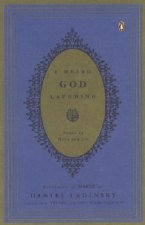
I Heard God Laughing
382 Kč -

Tragedy of King Richard III: The Oxford Shakespeare
234 Kč -
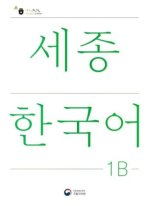
Sejong Korean Student Book 1B - Korean Version, m. 1 Audio
733 Kč -

Wild Ass's Skin
316 Kč -

Cambridge Greek Lexicon 2 Volume Hardback Set
2411 Kč
Osobní odběr Praha, Brno a 12903 dalších
Copyright ©2008-24 nejlevnejsi-knihy.cz Všechna práva vyhrazenaSoukromíCookies


 Vrácení do měsíce
Vrácení do měsíce 571 999 099 (8-15.30h)
571 999 099 (8-15.30h)